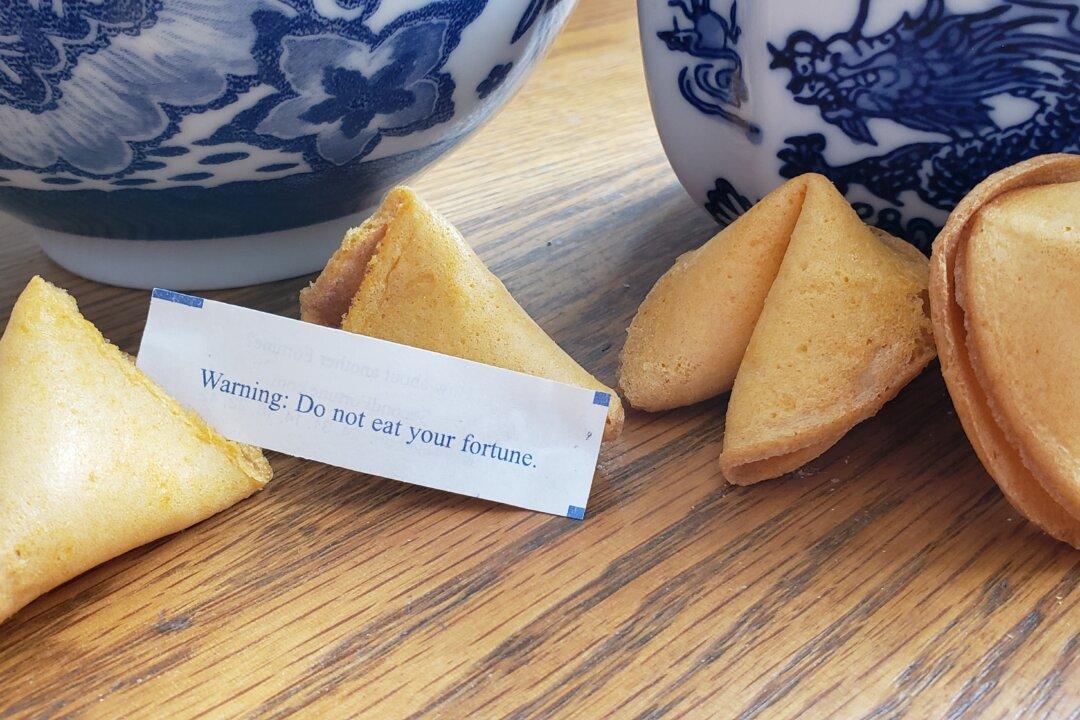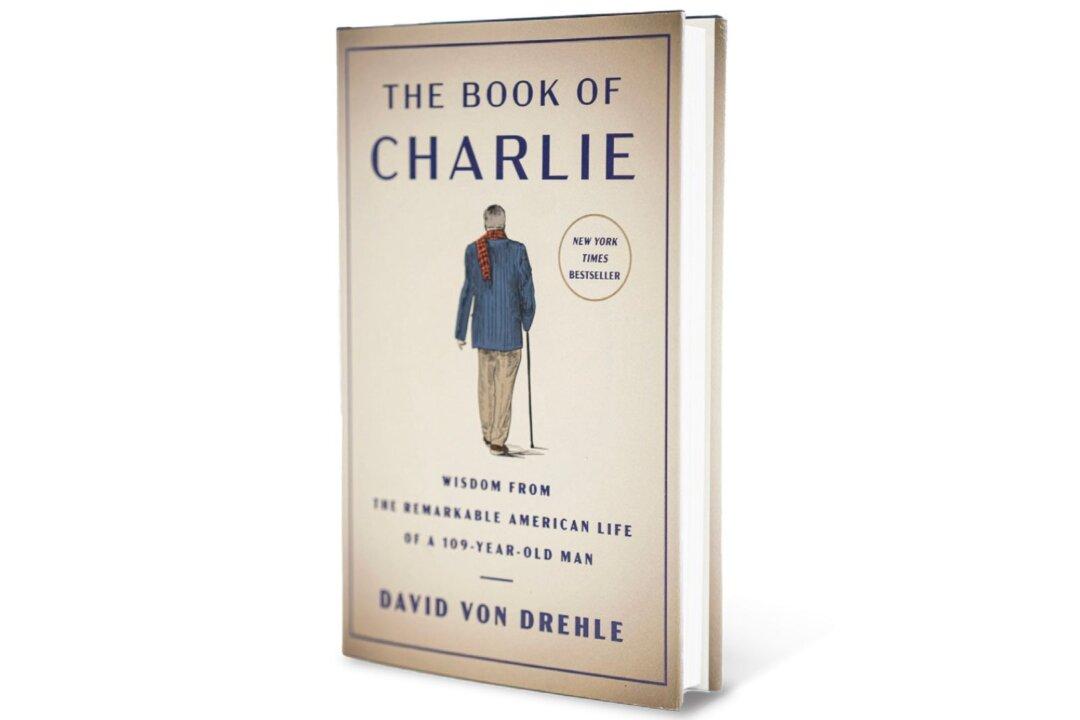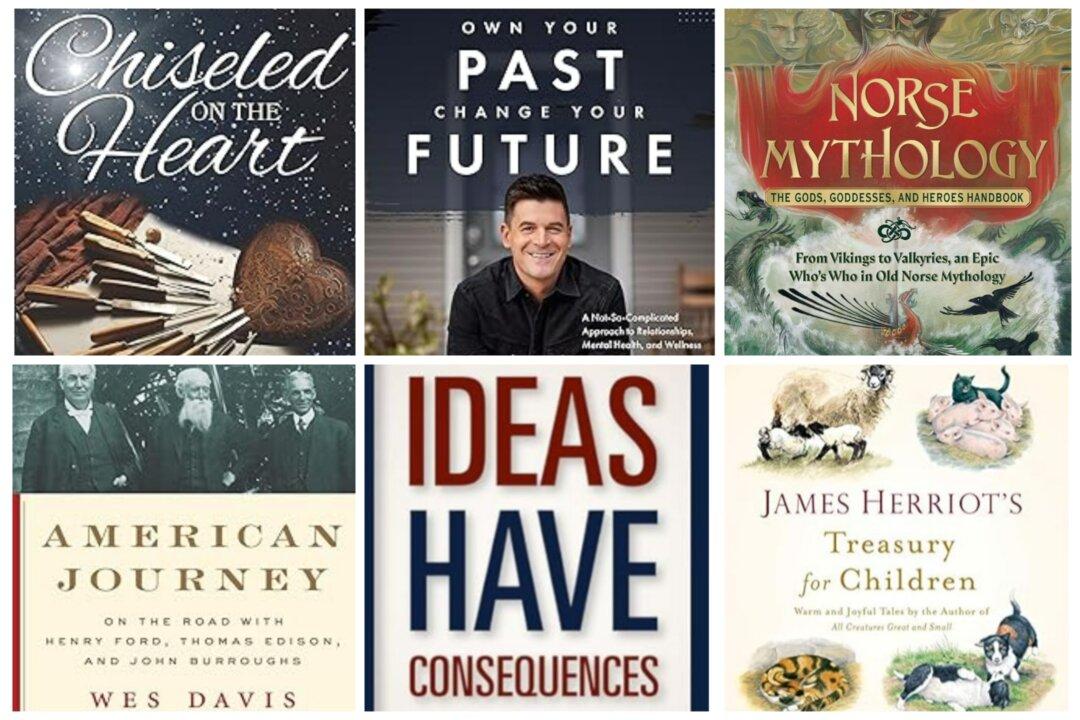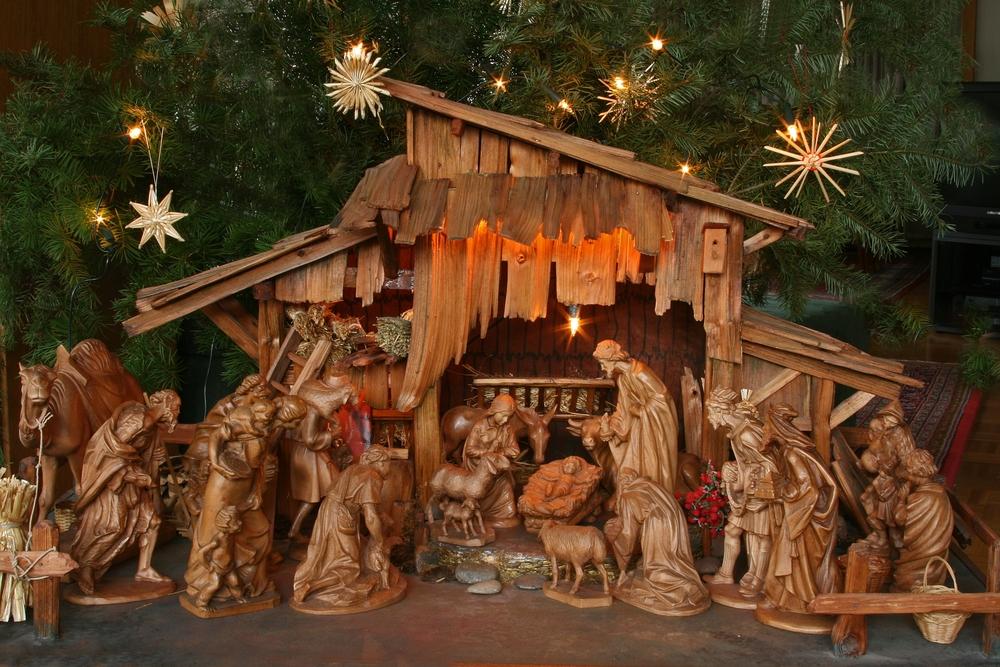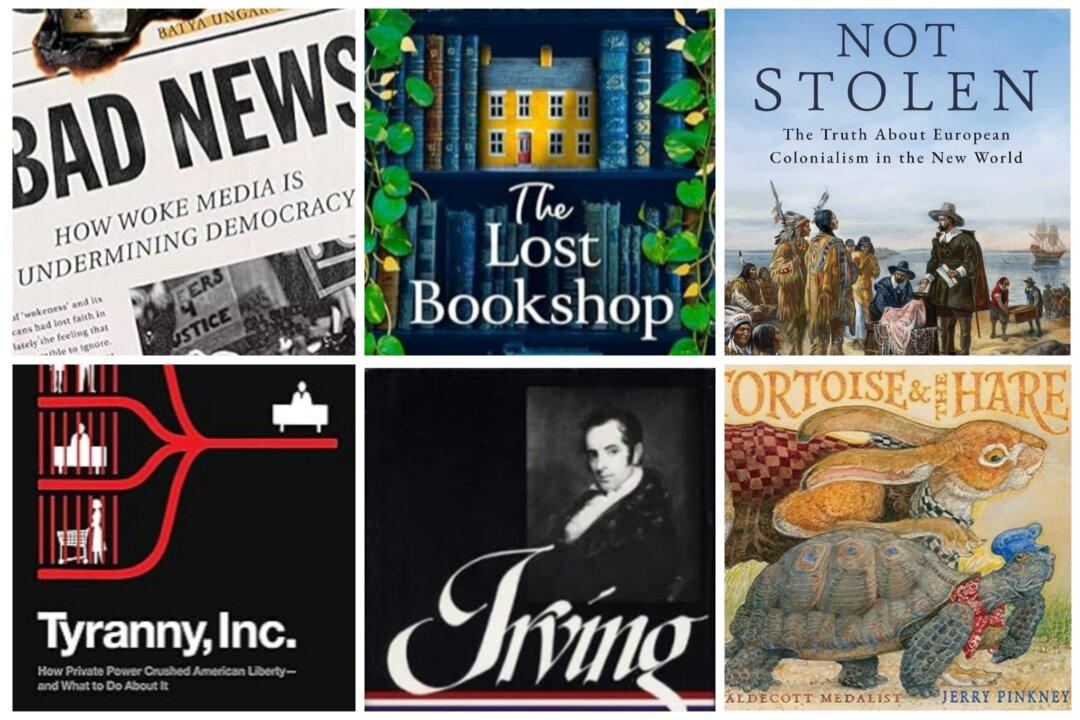I’m a big fan of Chinese food. I’m also a fan of fortune cookies, and I generally grab a handful when I pick up an order.
My husband and I generally save these little crisp, sweet, folded morsels until the end of the meal and then share our ‘fortunes’ with one another. I thought his latest was pretty good.

